Many inventions and ideas are groundbreaking. They possess the potential to change the way we see the world as well as carry out our everyday duties completely. Some devices have been so ahead of time that they made a path for future generations to build on.
People with brilliant minds who imagined and worked to bring their imagination to life have invented gadgets, medicines, vehicles, machines, and a lot many more things. Human civilization has been witnessing engineering marvels since the beginning to help improve the quality of life. In this article, we will be talking about the inventions that happened after humankind’s most significant invention – the design of the wheel.
So, fire is not on the list since it has been used since time immemorial. However, the list is entirely random and does not consider the first one as the most important or last as the least essential invention. After you reach the end, you might think we missed something else!
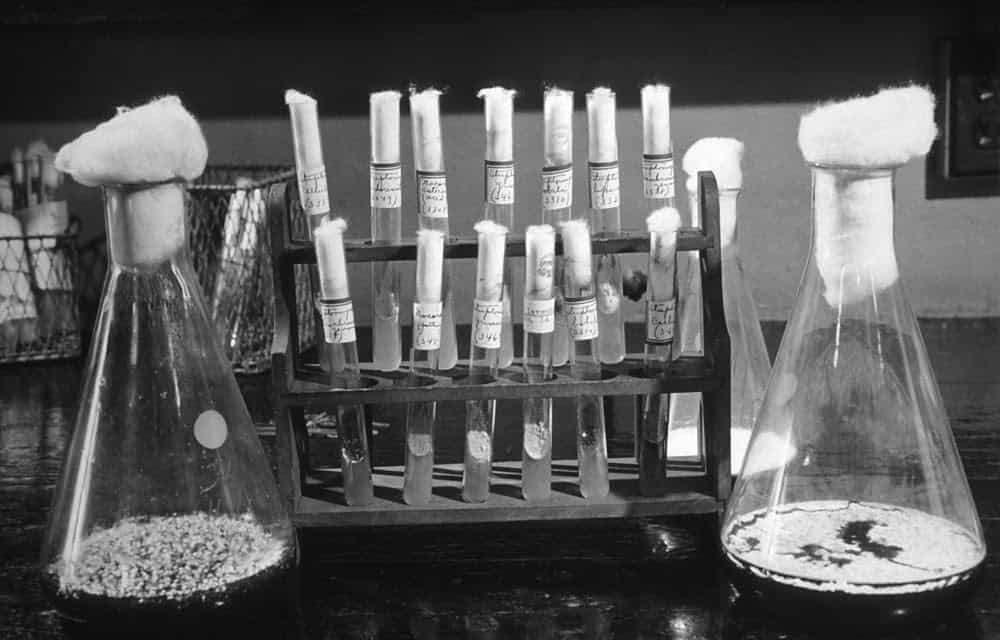
1. What Is Considered an Invention?
The invention is a new idea, new imagination, and creative thought in the form of a method or device. It is usually viewed as the application of solutions that meet new needs, existing needs, or unarticulated needs. In the current world, innovating something unique and bringing it to the world seems like the most profitable idea.
However, not all inventors are credited enough for their life-changing inventions, and a lot of them have not even received any payment for their contributions. This is because inventing is not enough. One has to deal with the problem of stopping other people from duplicating and profiting from their ideas.

2. Famous Inventors
Consider Thomas Elva Edison — he is known as the inventor of the light bulb. However, in reality, he was not the first one to invent the electric light bulb. Edison did develop the first long-lasting, commercially successful electric light bulb.
Similarly, Guglielmo Marconi, an Italian inventor, cannot be referred to as the inventor of the radio. A few people like Oliver Lodge and Heinrich Hertz demonstrated the science behind the radio and sent the initial radio messages. Marconi simply turned radio into a more efficient technology as well as sell it to the world through daring and bold demonstrations.

3. Inventors vs. Entrepreneurs
We could not call these people inventors but entrepreneurs, who have the determination and drive to convert a great imagination into a lucrative business. Thus, it is vital to consider the commercial aspect of inventing as well. The invention is not enough; a person needs enough capital to develop it, manufacture the device, successfully market it, and protect it with the patents.
In the current world, invention is even more complicated since most of the inventions are already in our homes and workplaces, and it is a hassle to replace the existing devices. For example, when James Dyson launched his design, a bagless cyclone vacuum cleaner, convincing people that it was better than the existing ones was his biggest problem.

4. Innovations Integral to the Operating and Physical Infrastructure of the Modern World
Before we get to specific inventions, let’s discuss some categories. These innovations form a list containing those inventions which expand human intellect as well as its creative, moral, and expressive possibilities. The list comprises paper, alphabetization, the printing press, the internet, personal computer, and photography.
Cement, electricity, sanitation system, and air conditioning are included in this category. In this list, cement is one such invention that is crucial, as everything would collapse without it. Similarly, without electricity, many designs mentioned below would simply not function.
Take air-conditioning, although there were other ways to cool the temperature, the current air-conditioning system would not work without electricity. Air conditioning is an essential innovation since it lets everyone all around the world work in cold temperatures.

5. Innovations Extending Life
This category contains innovations such as vaccination, contraceptive pill, sanitation systems, refrigeration, optical lenses, moldboard plow, Archimedes’ screw, scientific plant breeding, green revolution, penicillin, and nitrogen fixation.
Nitrogen fixation is one of the thriving agricultural revolutions as it led to the formation of modern ammonia-based fertilizers. Archimedes’ screw is still used and was invented to draw water from canals and streams to irrigate the fields.
Contraceptive pills, vaccination, and penicillin are innovations that have formed a safer, healthier, and better lifestyle for everyone. Through contraceptive pills, the population can be controlled, and parents can provide a better life to their limited number of children. Vaccination and penicillin have been protecting and fighting against several diseases.

6. More Innovations Extending Life
Through refrigeration, storing foods and transporting them to other places has become immensely comfortable. It has altered the process of cooking foods, with many people avoiding cooking and only reheating frozen foods to consume them. This invention is especially useful in areas with extreme temperatures.
Another item is optical lenses. Before the invention of corrective lenses, people who had imperfect vision were highly vulnerable to predators or enemies initially, and then the inability to recognize numbers and letters clearly. This invention was a base for a lot of other devices, as well as discoveries.

7. Innovations Aiding the Industrial Revolution
The changes in this category are the assembly line, industrial steelmaking, refining, and lastly, the drilling of oil. All of these inventions fastened the process of manufacturing goods and services, and completely changed the entire scenario of industries existing at that time.
The automobile, airplane, sailboat, rocketry, compass, internal combustion engine, steam engine, and sextant are among the inventions that help in the physical movement of people and goods. These innovations have not only sped up the processes of transporting from one part of the world to another but also led to discoveries of undiscovered places in the world.

8. Innovation that Allowed for Real-Time Communication
The telephone is one of them. Others are radio, internet, telegraph, and television. With the invention of the internet, all the others have become of less importance, since you can talk through the internet, message each other, and even talk via video calling.
Similarly, the internet allows you to watch movies, news, serials, and sports on your mobile phones whenever you want. However, the internet was invented only after the other inventions mentioned in this category.
Other inventions like nuclear fission and gunpowder are present in the list that has aided in the development of killing machines and weapons. Some may argue that they should not be present on the list at all, but they are crucial for the safety of a country.
Others might even question why coal, roads, and solar systems haven’t been made to the list while pasteurization, Gregorian calendar, or Archimedes’ screw have. Well, the answer is simple: the inventions mentioned below have impacted the lives of human beings as well as other discoveries immensely.

9. Combine Harvester, the 1930s
A combine harvester is among the greatest inventions in history that we often forget to acknowledge but are severely impacted by. It is a versatile machine, which is designed to harvest several crops efficiently, separating straw from nutrients left in it.
They are essential machines because they have reduced the number of labor required on a farm, as well as made it easier to farm foods like oats, rye, wheat, barley, corn, soybeans, flax, sorghum, canola, and sunflowers.

10. Assembly Line, 1913
An Assembly line is a mechanical process parts are added to an object as it is passed from several workstations until the final assembly is done. This speeds up the process of assembling a product letting an industry manufacture goods at a rapid pace.
The actual automobile was invented in the late nineteenth century. It can be referred to as a combination of multiple inventions – wheels, the radio, air conditioning, internal combustion, the refrigerator, and batteries. It has completely altered the way we travel, our culture, and the landscape.
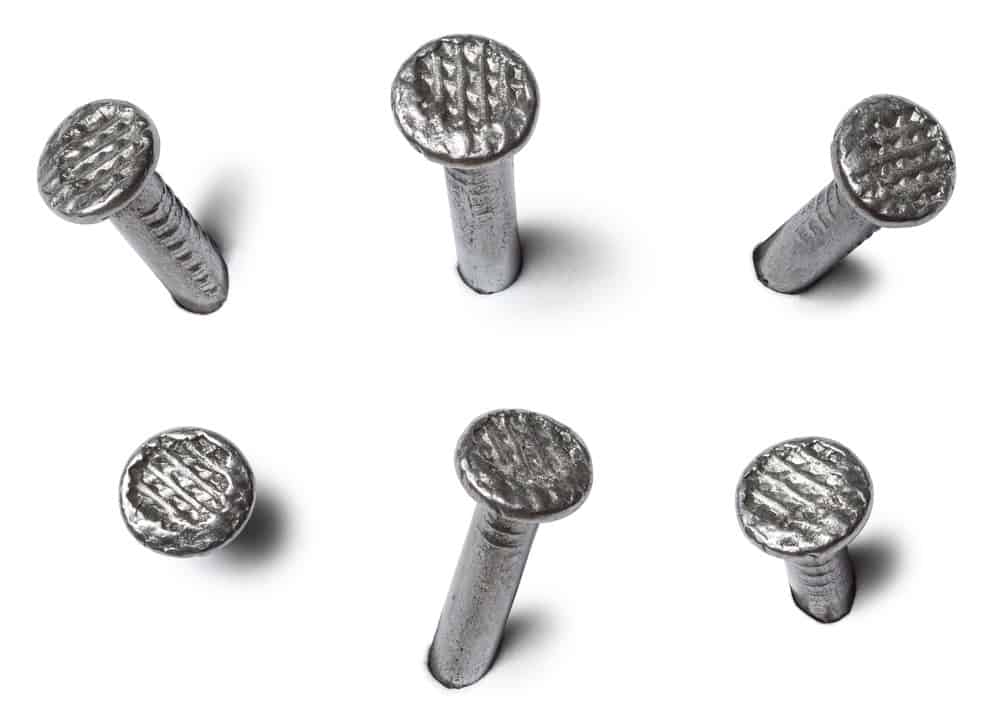
11. Nail, Second Millennium B.C.
Nails have been existing for a very long time thanks to the Egyptians. They have not only been used in construction and hanging things but also for inducing torture. The first nails were made using wrought-iron.
Another simple invention that was developed after the nail was the lever, which came in the third millennium b.c. Have you ever wondered how pyramids were made with such heavy stones? Well, they used levers. A lever can be explained as a machine that reduces human effort in lifting heavy objects. Levers were discovered even before the wheel.

12. Alphabetization, First Millennium B.C.
Even before the nail was the idea of the alphabet. After all, what would you call a nail without letters? Many people, such as the Chinese, Greeks, Egyptians, Romans, and Hebrews, across the world, developed the alphabet over the course of several hundred years. It took almost 1000 years to make a universal alphabetical order, which kids learn today in elementary schools.
For math, the abacus came at the same time as the lever, which was in the third millennium. It is among the first devices to amplify human intelligence.

13. Anesthesia, 1846
Anesthesia has to be a part of the greatest inventions of the world because anything from getting a tooth filling to amputation would come with unbearable pain without anesthesia. The word anesthesia literally translates to without sensation in Greek.
Penicillin was discovered in 1928 accidentally by Alexander Fleming, though antibiotics were not distributed widely until after World War II. Penicillin has been effective in fighting different kinds of infections like tuberculosis, influenza, as well as sexually transmitted diseases.
In WWII, due to penicillin, death due to bacterial infection reduced to only 1% from 20% in the previous war.

14. Air Conditioning, 1902
It is impossible to imagine a world without air conditioning. From our homes and workplaces to our cars, we are used to cooling machines everywhere. Thankfully, we weren’t born in a world without standard ACs in most public places.
Some versions of air conditioners have been used since ancient times, but Wills H. Carrier first introduced the electrical version of it in 1902. The first A.C. controlled the temperature as well as humidity.

15. Sailboat, Fourth Millennium B.C.
Without a sailboat, the world would not have interacted with people living across the ocean or sea. The warfare, travel, and our view of the Earth would be limited to whatever was reachable through land transportation.
The steam turbine revolutionized machinery but did not come until 1884. Turbines can be called a steam engine’s less-heralded cousin, which is the backbone of the current energy infrastructure, as they generate 80% of the world’s power.
The principles of rocketry are known to be tested several thousand years ago, but it was only in 1926 when the first liquid-fueled rocket was shot into the sky. Since then, rocket science has come a long way.
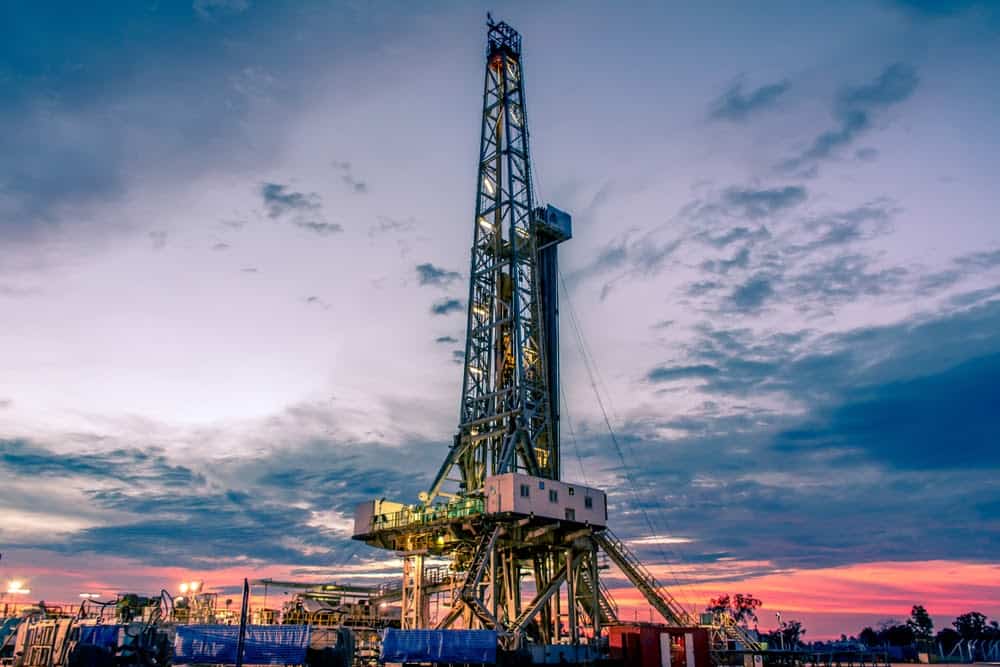
16. Oil Drilling, 1859
It was an American businessman by the name of Edwin Drake, who drilled the oil using modern-day oil drilling for the first time in 1859. Oil refining was not long after. Oil drilling would have been utterly useless without oil refining.
Oil refining started in the mid-nineteenth century. Indirectly, refining helped to create plastics. And we all know how many countless inventions the use of plastics has led to from transportation to electronics.
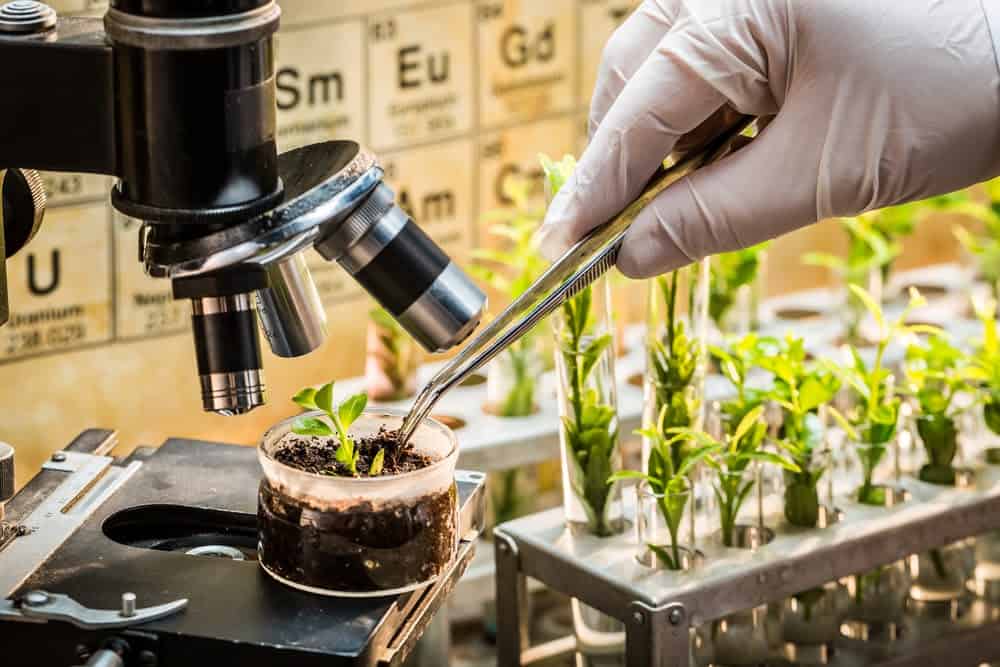
17. Scientific Plant Breeding, 1920s
Have you ever wondered what your children might look like? It is easy, now, to have a predictable guess if you know how genetic mixing works. It is all thanks to one man who cross-pollinated different plants like peas.
Humans have manipulated the plants, especially those that we grow ourselves. However, it was only in the early twentieth century that a paper by an Austrian botanist, Gregor Mendel, was discovered that taught us about plant breeding, and subsequently human genetics.
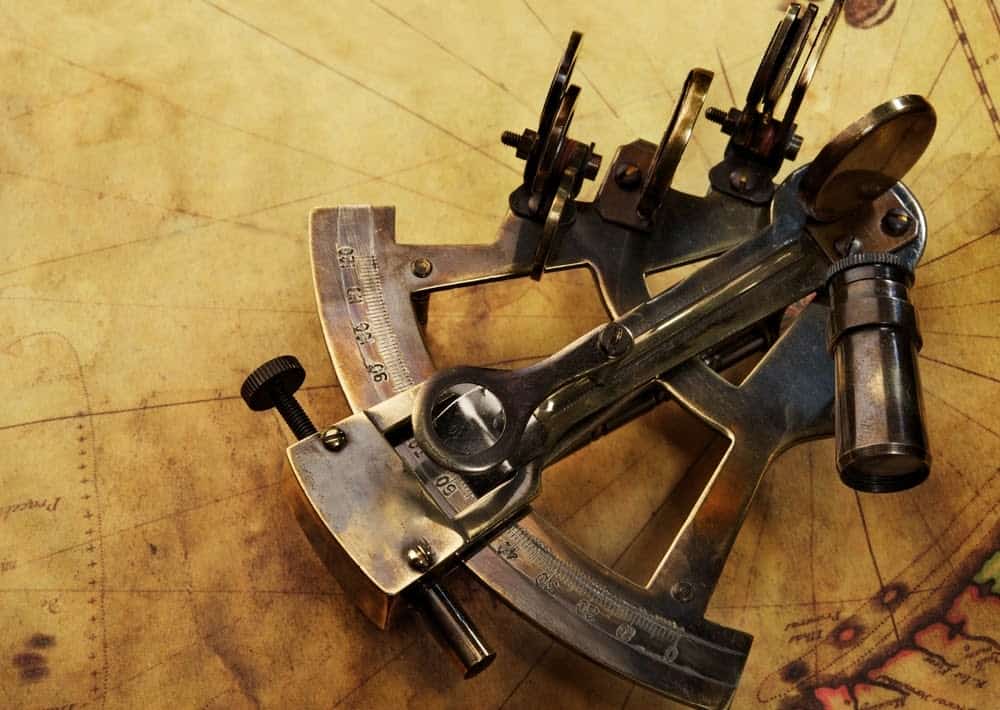
18. Sextant, 1757
A sextant is an instrument used to determine the angle between the horizon and celestial bodies, such as the Moon, the Sun, or a star, to ascertain longitude and latitude.
The actual Gregorian calendar wasn’t invented until 1582 by Pope Gregory XIII. It is currently the most commonly used civil calendar. It was intended as the revision to Julian calendar and is jumped ahead ten days to synchronize the world time with four seasons.

19. Pasteurization, 1863
Have you ever heard of this term before? You might have when it comes to dairy products, especially milk. Back in the 1800s, people did not understand that microorganisms and germs could invade living hosts like animals or humans.
Thanks to Louis Pasteur’s theory, we are all aware of the importance of sterilizing bacteria in beer, wine, and milk, as well as a method to do so. People will continue enjoying these essential foods without getting sick thanks to Pasteur. And you probably thought it had something to do with cows eating in a field.

20. Cement, First Millennium B.C.
The inception of hydraulic cement goes back to Rome and ancient Greece. The materials used were volcanic ash and lime which slowly reacted in the presence of water to create a hard mass.
Archimedes’ screw did not show up until the third century. Archimedes made the first practical water pumps by creating a rotating corkscrew to extract water from its low-lying source. The idea is relevant and used in several wastewater treatment facilities as well as irrigation systems around the world.
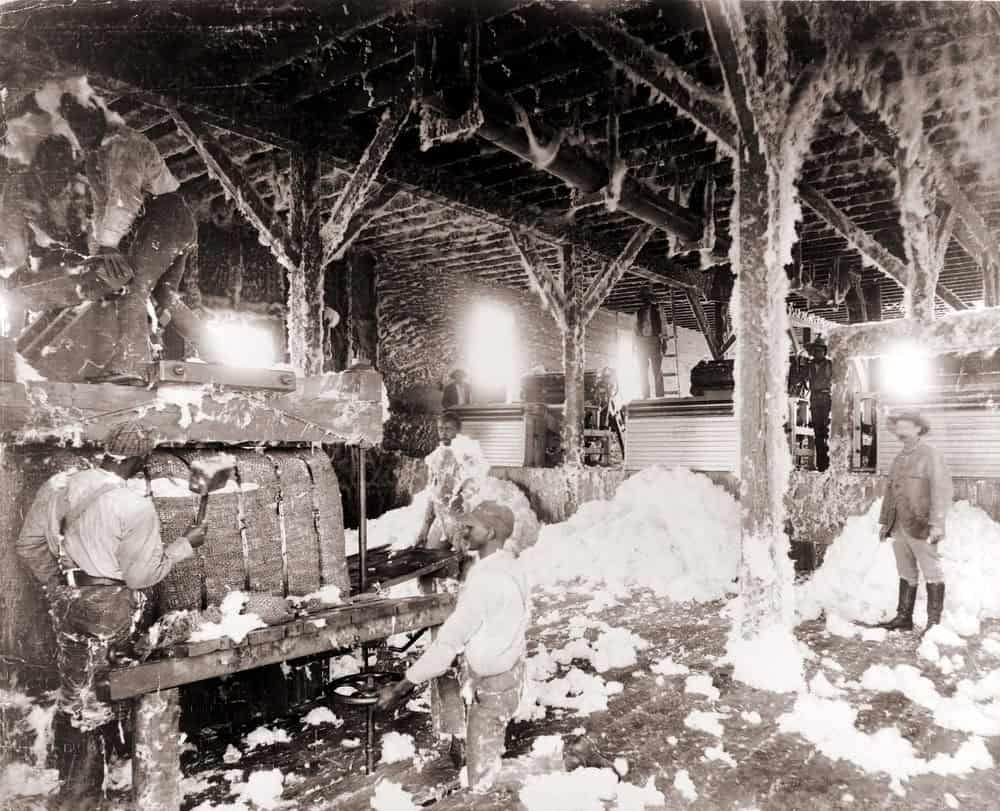
21. Cotton Gin, 1793
Eli Whitney was an American inventor who patented the machine that revolutionized the production of cotton by speeding up the procedure of eliminating seeds from cotton fiber tremendously.
Around the same time during the eighteenth century came the moldboard plow. It was the first plow, which not only dug up the soil but also turned it over. It is crucial for cultivation on harder grounds. Without it, the agriculture that we know today would not exist in the American Midwest or Northern Europe.
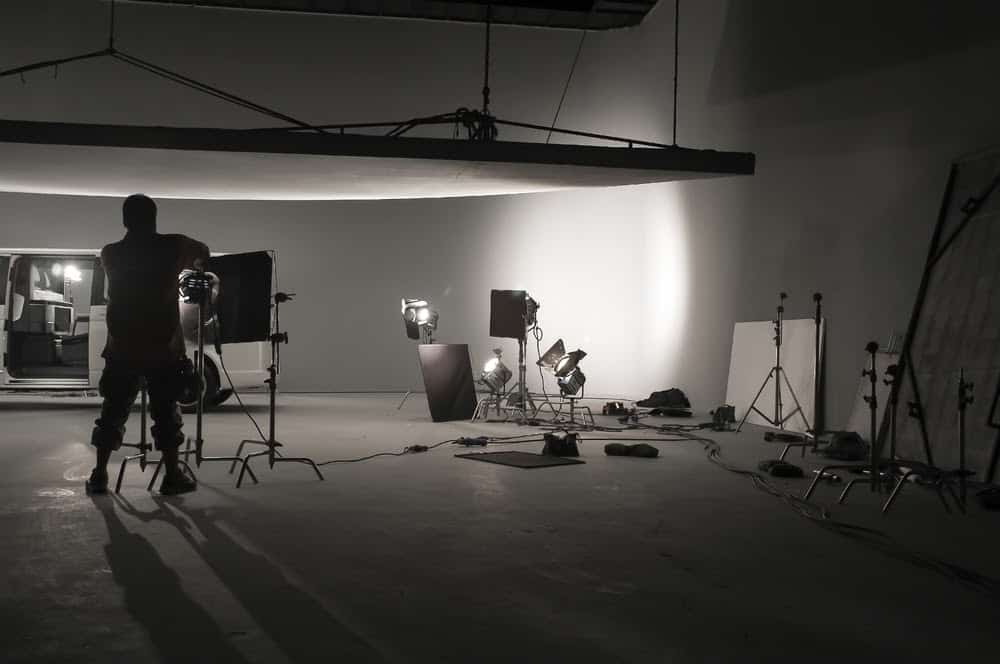
22. Photography, Early Nineteenth Century
Photography has changed and enhanced almost everything. If you think about it, the world of arts, science, and almost everything has been dramatically impacted by photography. In fact, the world of education has also been severely modified due to photography.
The television did not come until nearly a century later. T.V. is currently found in almost every household. Can you imagine that 100 years ago, nobody even had any idea about tv? The first electronic T.C. was invented by Philo Taylor Farnsworth when he was only 21 years old.

23. The Telegraph, 1837
The instant communication and connectivity amongst people owe to this invention. The telephone came in1876. Everybody knows Alexander Graham Bell is the father of the phone. However, a phone is the culmination of work done by several individuals. Whoever invented it, the current world is utterly grateful for their invention.
The first time a radio broadcast took place was in 1906. Now, the radio has not only been serving as a medium to homogenize culture and spread ideas but also as a base for further inventions.
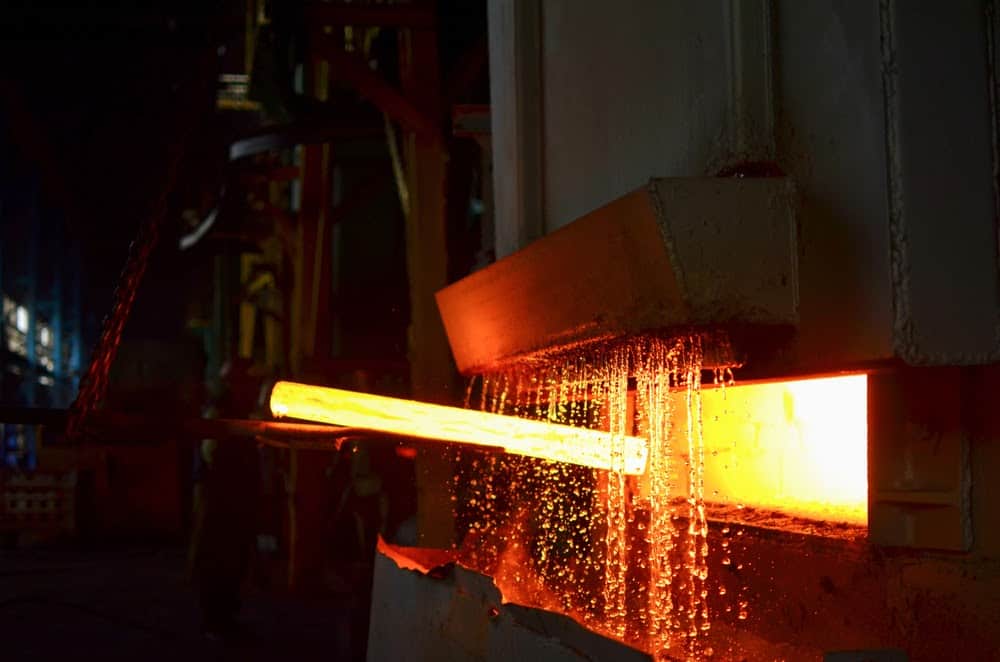
24. Industrial Steelmaking, 1850s
Steel is a significant component used in ships, buildings, infrastructure, trains, appliances, weapons, machines, and tools. In the 1850s and 1860s, the Siemens-Martin process and the Bessemer process turned steelmaking into a heavy industry.
The Green Revolution came in the mid-twentieth century, which brings crops to areas they normally can’t grow. Combining scientific plant breeding and synthetic fertilizers has increased the food output of the world dramatically. Agricultural economist, Norman Borlaug, is credited to have devised this approach and saving more than a billion people from starvation.

25. Vaccination, 1796
Edward Jenner is a British doctor who used the cowpox virus in 1796 to protect against smallpox. Still, it was not until Louis Pasteur developed a rabies vaccine in 1885 that the government and medicine began to allow for the idea that making a person sick could actually prevent further sickness.
Another pharmaceutical invention was the contraceptive pill in 1960. The greatest invention to benefit human civilization includes the design of contraceptive pills because it has led to a drastic decrease in children per female. It not only prevents dangerous rapid population growth but also serves as medication for hormonal imbalance.

26. Compass, Twelfth Century
Although magnetic compasses are now obsolete, their contribution to these compasses in history, specifically in the field of sea and land exploration, is unforgettable. Before the existence of compasses, navigational systems relied on astronomical signs.
However, what about counting the hours of the day? The mechanical clock was not invented until the 14th century. We would have never known the exact time if a mechanized clock was not invented.
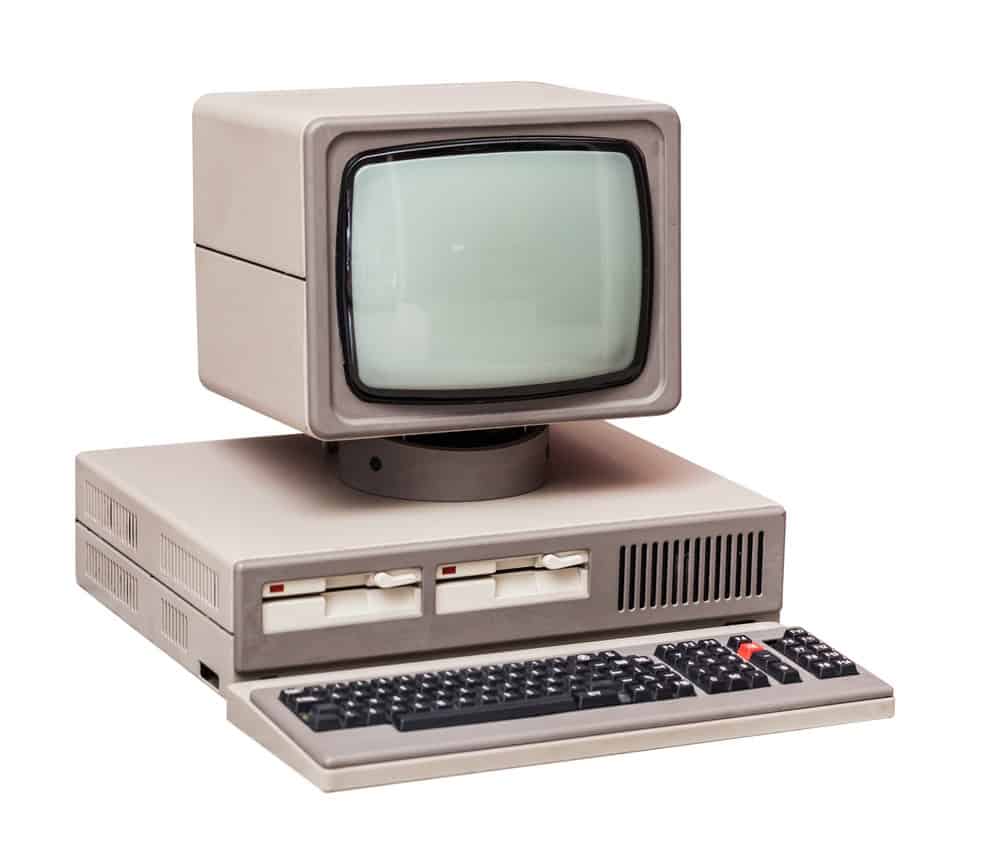
27. Personal Computer, the 1970s
The invention of a P.C. has probably been the greatest. It has altered the way we interact, conduct business, educate, learn new things, and practically everything is affected by this invention.
Initially, computers were giant and very heavy and did not process as much information as they do now. Currently, computers are feather-light, compact, and can perform almost everything.

28. Airplane
Similar to an automobile, planes combine various brilliant ideas, including steam turbines into one sturdy vehicle, wheels, radio signals, and a lot more. It has transformed the manner of warfare as well as the way we travel since they are capable of covering a distance of several thousand miles in a few hours.
Like many other inventions, multiple people are associated with fixed-wing aircraft achievements. Some of the names surrounding this amazing invention include the Wright Brothers as well as Alberto Santos-Dumont and Karl Jatho.

29. Gunpowder, Tenth Century
Without gunpowder, guns would not work. It was first invented in China around the same time paper money was used. Obviously, gunpowder is a significant factor in warfare and the military for nearly every single country around the globe.
Speaking of paper, China also invented it. Since then, the world has been using papers to pass on knowledge and keep a historical record for the generation to come. The concept of paper money did not start until the eleventh century. Without this invention, we would all be trading using food, vegetables, livestock, precious metals, coins, and everything that was considered tradable under the barter system. The credit for the invention of paper money goes to China, which has now become the most common bartering asset for buying and selling goods and services.

30. Refrigeration, the 1850s
Until the early twentieth century, snow and ice were used to help preserve medicines and foods. Ice making machines were present, but they were used primarily in large breweries and factories.
Home refrigerators have become necessary household appliances in the 1920s after the development of eco-friendly chemicals. The ability to keep eatables at a cold temperature completely revolutionized the eating habits and food industry. Thanks to refrigerated trucks, it was possible to deliver foods in desirable condition everywhere.
Another essential is clean water is essential. The sanitation system came later in the mid-nineteenth century. It is one of the reasons why humans are living forty years longer than they did earlier.
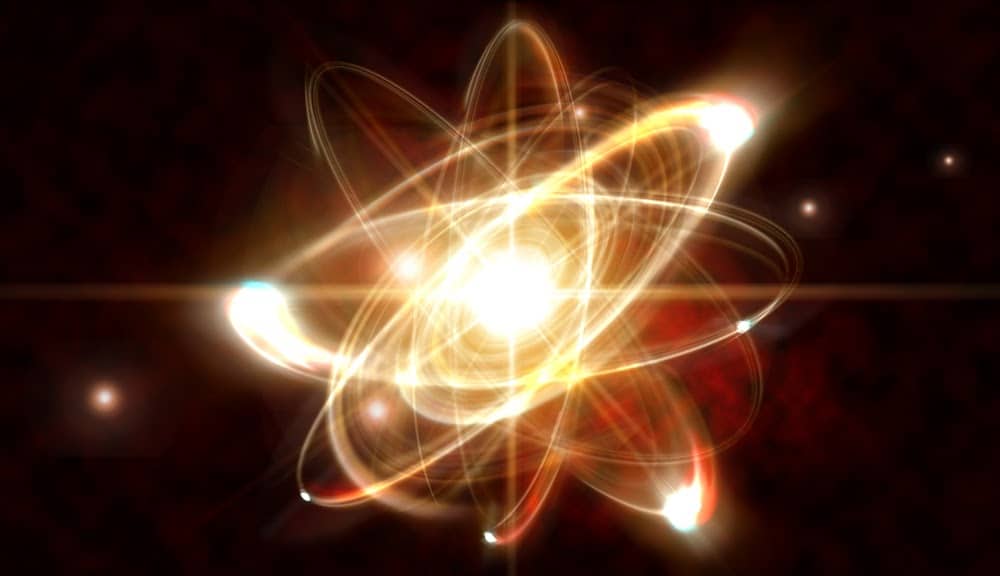
31. Nitrogen Fixation, 1918
Fritz Haber, a German chemist, is the father of chemical weapons. He won a Nobel Prize as well for the development of the ammonia-synthesis process that was used to make a new type of fertilizer central to the green revolution.
Later, in 1939, nuclear fission was discovered. Nuclear fission is a process of radioactive decay or atomic reaction where the nucleus of one atom splits into more than one smaller, lighter nuclei. This process produces gamma photons releasing a massive amount of energy.

32. The Steam Engine, 1712
James Watt was the mastermind behind steam engines capable of consistent rotary motions. The steam engine played a massive role in the exponential advancement and growth in manufacturing, transportation, and agriculture. The initial steam engine design given by James Watt has been modified over time.
The internal combustion engine was introduced in the late nineteenth century and offered better horsepower. Replacing the steam engine, an internal combustion engine turned fuel and air into power.
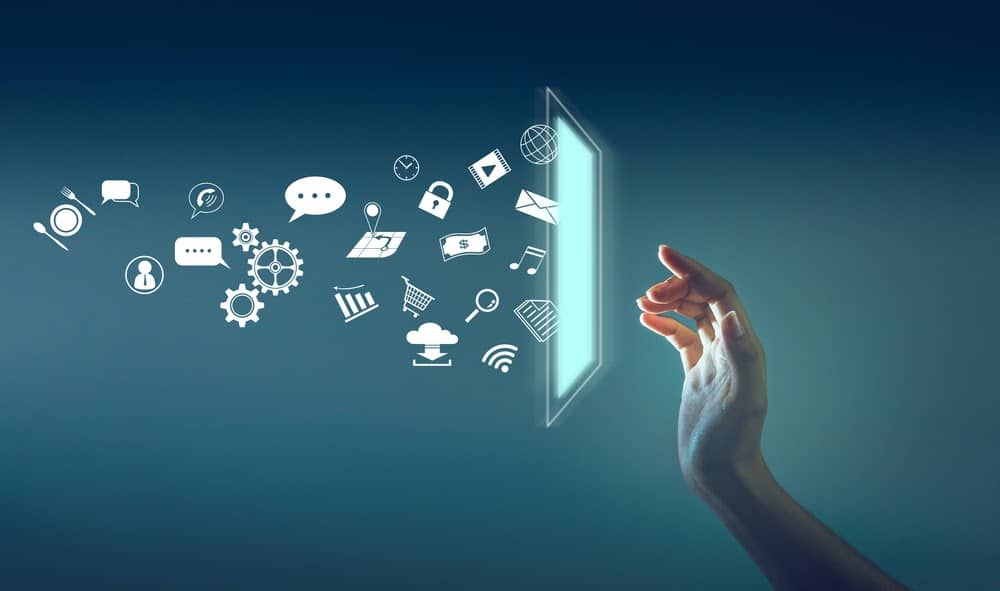
33. Internet, the 1960s
The internet is for everyone to use and is not owned by any one person or company, While the invention of the internet has been a result of contributions of many people, ARPANET, the precursor of the internet, was the project by U.S. Department of Defense in the 1960s.
Revert E. Kahn and Vint Cerf developed TCP/IP (the Internet protocol suite) that became a standard internet networking protocol and is so, even today. The development of technology, instant overseas communication, and email suddenly changed how we live, learn, spread knowledge, and conduct business.
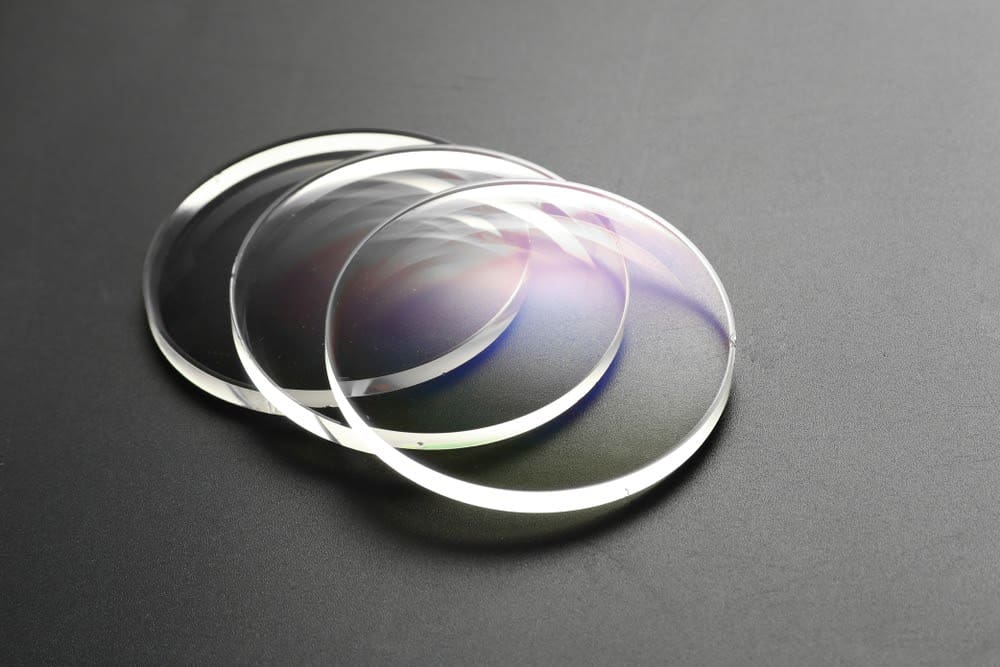
34. Optical Lenses, Thirteenth Century
Egyptians and Mesopotamians pioneered the development of lenses. Optical lenses are now used in several tools like microscopes and telescopes. Magnifying glass led us to understand better objects located far away like stars and planets and microscopic organisms.
Optical lenses’ use for helping weak-sighted began in the thirteenth century, and four centuries later, telescopes and microscopes became available. Magnifying glasses enhance our knowledge of multiple fields of study, including astronomy, biology, physics, chemistry, and archeology.
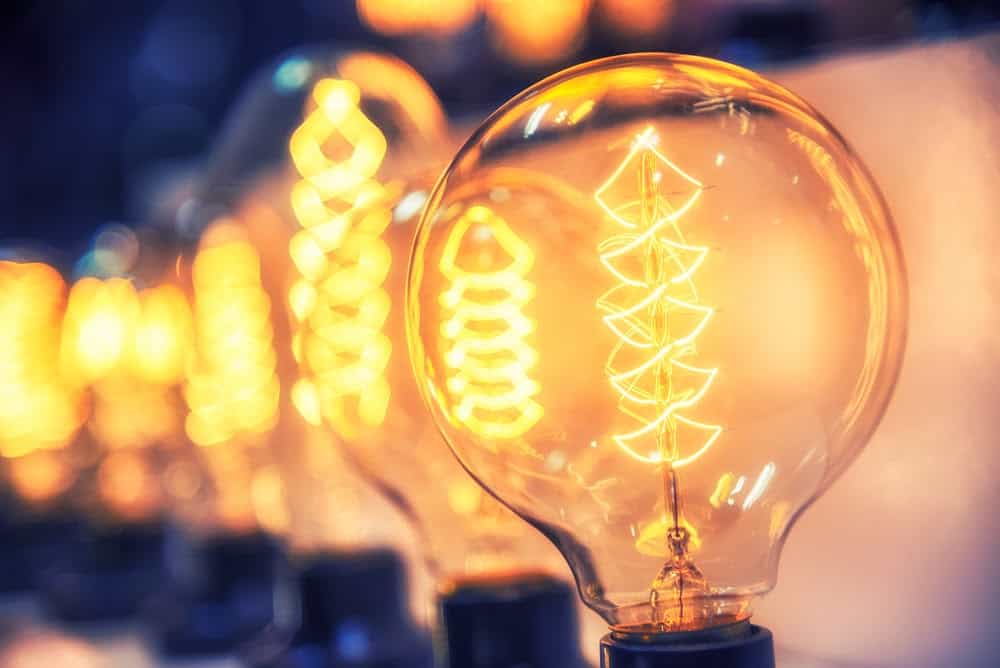
35. Electricity, Late Nineteenth Century
The idea of power was developed for thousands of years; thus, it would be unjust to give credit for its invention to one person. The first person to research the phenomenon was Thales of Mileus.
Still, Benjamin Franklin is usually regarded as the American Renaissance person who aided us in understanding electricity in a better manner.

36. Printing Press, the 1430s
Johannes Gutenberg is the person who revolutionized note-making, transforming it from a hand-written form into a printed one. He was the one who invented the machine that would let the ink be transferred to paper repeatedly, making the complete process of writing way more quickly than it had been ever before.
Before the internet, not a single innovation contributed to educating the world. This equipment is based on the existing presses with the use of a mold to boost production capacity and speed of lead-alloy type pieces. Its assembly was not only practical but also made books very affordable for the lower classes. By 1600, Gutenberg presses printed above 200 million books.

37. Mirror
Before mirrors were produced on a full scale and were used extensively, people could see their reflections only on gleaming metallic surfaces or calm water. What they saw in their thoughts could not do justice to their actual appearance because they usually had uneven surfaces or dull lighting.
During the period of the Renaissance, the mirror was introduced and completely altered the way people looked at themselves. It is due to the mirror that we know how we look in front of other people, which in turn forces everyone to develop manners of grooming, shaving, behaving, and eating. Thanks to mirrors, you do not have to ask anyone how you are looking when you are wearing a new jacket, and you can even practice table manners on your own.

38. The Electric Motor
The Industrial Revolution might have been affected by steam engines. Still, the invention of the electric motor has aided households all over the world in doing their chores more efficiently. It is not necessarily about a single type of electrical equipment but the general notion of using electricity to support a mechanism as seen in power tools and kitchen appliances.
Currently, many vehicles also run through electric motors. Previously, the concept of electric cars was introduced but abandoned because it was not too strong. Companies like Tesla have now successfully launched electric vehicles and are selling these cars at a rapid pace.

39. LED
Nick Holoyank invented the LED in 1962 while working as a consultant for General Electric. It began as an inexpensive, simple yet effective way to help us comprehend how well computers could interpret information or input.
It had a humble starting as a simplified visible spectrum of the red light and since has been used to make the largest twenty-four-million LED pixel billboard, which covers the entire clock in Time Square, New York.

40. Digital Music
Invented in 1970 by James Russell, the first playback and digital recording system changed the way we listen to music. With this technique, sounds were depicted by a string or pattern of ones and zeroes etched on the photosensitive platter.
Then, a laser read these binary arrangements to produce the music. An important part was a set of converters, digital to analog for the playback, and analog to digital for the recording. Unfortunately, Russell could not convince people in the music industry to employ his invention. Almost twenty years later, CD manufacturers had to pay nearly $30 million for patent infringement.

41. Global Positioning System (GPS)
The modern GPS was the U.S. Department of Defense’s project but was only intended to be used by the U.S. military. President Clinton granted the utilization of the GPS in 2000 for non-military purposes, such as finding the best sport for fishing and tracking whales’ movement.
The U.S. government has still put several limitations on the public for using GPS. However, the introduction of GPS has wholly altered the way we travel, and it has become straightforward to go to a country whose language you do not know.

42. More Inventions to Come
Innovation and invention have been existing since the beginning of humans and will continue until the end. What seems to be new and innovative now will be obsolete in the ensuing time. However, some inventions like the lever, nail, cement, and so on are going to exist for a very long time.
All inventions can be positive or negative. It depends on the way people use the design and employs it. Using nuclear fission and gunpowder, destructive weapons have been made, but by using the same processes, beneficial innovations have been developed as well.

